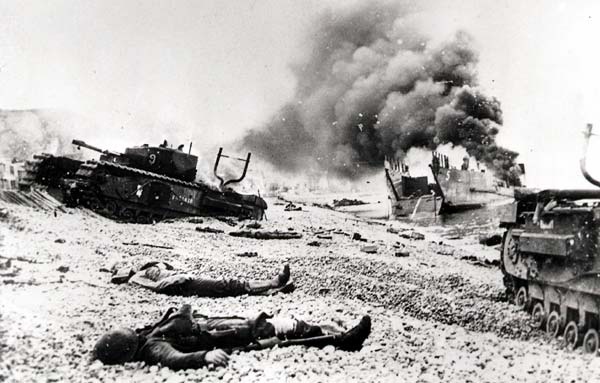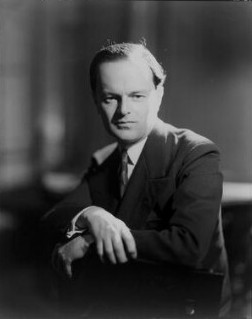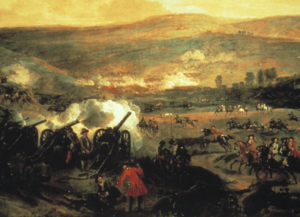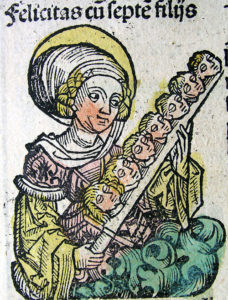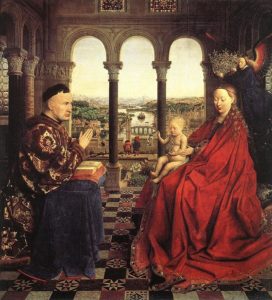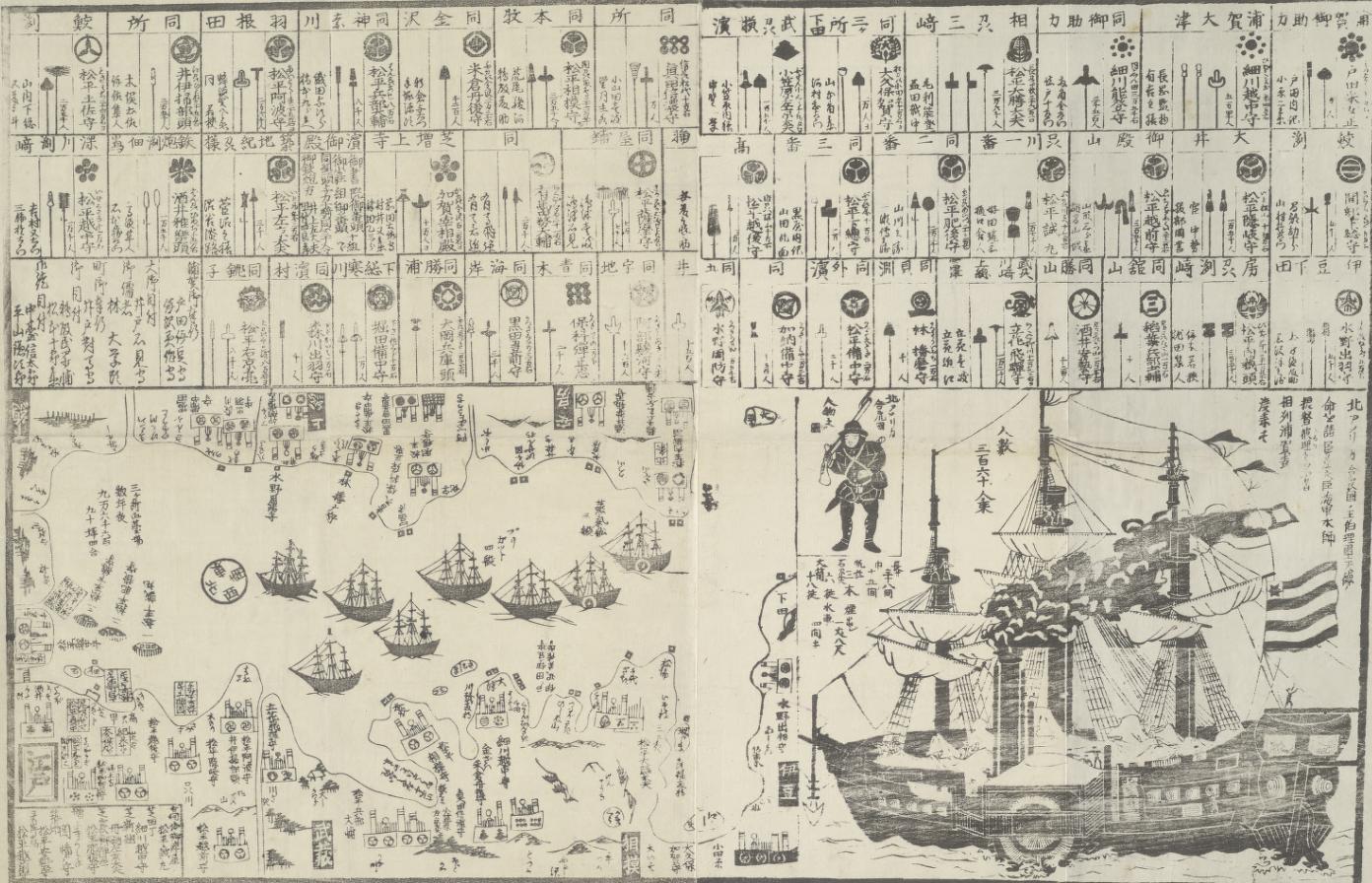1804 The death of Alexander Hamilton

The fame of American revolutionary Alexander Hamilton has blossomed in the 21st century, thanks largely to a Broadway musical whose charms are (I confess) lost on me. Readers might be interested in a 19th-century English assessment of the man, from Chambers’ Book of Days.
Although the name of Alexander Hamilton is not so popularly familiar as several others concerned in the construction of the American Union, yet there is scarcely another which so closely interests the profounder students of that momentous passage in the world’s history. Of Hamilton’s share in that work, [French politician and historian Françcois] Guizot testifies, ‘that there is not one element of order, strength, and durability in the constitution which he did not powerfully contribute to introduce into the scheme and cause to be adopted.’
Hamilton’s father was a Scotsman, and his mother a member of a Huguenot family, banished from France. He was born in 1757, on the island of Nevis; and whilst a youth serving as clerk in a merchant’s office, a hurricane of more than ordinary violence occurred, and Hamilton drew up an account of its ravages, which was inserted in a West Indian newspaper. The narrative was so well written, and excited so much attention, that the writer was deemed born for something better than mercantile drudgery, and was sent to New York to prosecute his education. The dispute between Great Britain and the colonies had begun to grow very warm, and Hamilton soon distinguished himself by eloquent speeches in advocacy of resistance.
With the ardour of youth he commenced the study of military tactics, and turned his learning to good account in the first action between the British and Americans at Lexington in 1775. In the course of the unhappy war which followed, Hamilton was Washington’s most trusted and confidential aid. At the conclusion of hostilities he commenced practice at the bar, became secretary of the treasury under President Washington, and a leading actor in all those intricate, delicate, and perplexing discussions, which attended the consolidation of the thirteen independent colonies into one nation.
Hamilton was the most conservative of republicans. He opposed the ultra-democratic doctrines of Jefferson. [That is putting it mildly. Here are Hamilton’s observations on America’s third president: The moral character of Jefferson was repulsive. Continually puffing about liberty, equality and the degrading curse of slavery he brought his own children to the hammer and made money out of his debaucheries.] He was an ardent admirer of the English constitution, and he beheld the course of the French Revolution with abhorrence and dismay.
But all the blessings which lay in store for America in the treasury of Hamilton’s fine intellect, were lost by a cruel mischance ere he had attained his forty-seventh year. With the feelings of an upright man, he had expressed his sense of the profligacy of Aaron, who thereon challenged him to a duel. Hamilton had all reasonable contempt for such a mode of settling differences, but fearing, as he wrote, that ‘his ability to be in future useful either in preventing mischief or effecting good was inseparable from a conformity to prejudice in this particular,’ he weakly yielded. With every precaution of secrecy, he met his adversary at Weehardken, near New York. Colonel Burr fired, and his ball entered Hamilton’s side. Hamilton fell mortally wounded, his pistol going involuntarily off as he staggered to the ground. After a day of agony, he expired on the 11th of July 1804. Never, except at Washington’s death, was there such mourning in America.

Hamilton was a man under middle height, spare, erect, and of a most dignified presence. His writings in The Federalist are read by political philosophers with admiration to this day. He wrote rapidly, but with precision and method. His habit was to think well over his subject, and then, at whatever time of night, to go to bed and sleep for six or seven hours. On awaking, he drank a cup of strong coffee, sat down at his desk, and for five, six, seven, or even eight hours continued writing, until he had cleared the whole matter off his mind.


